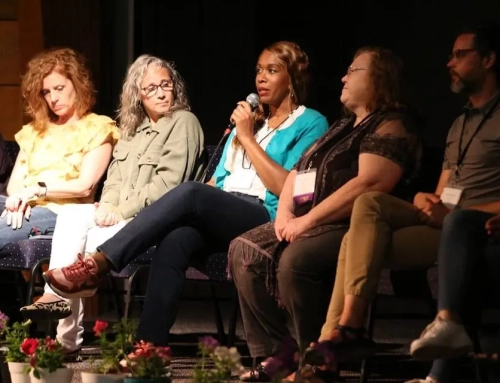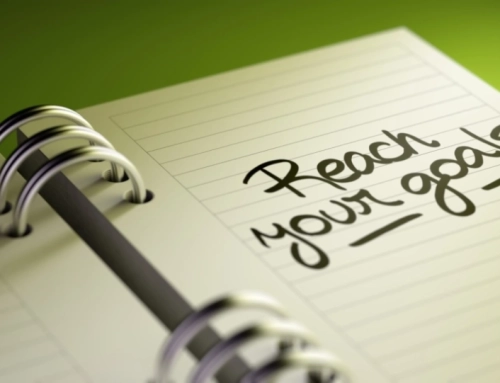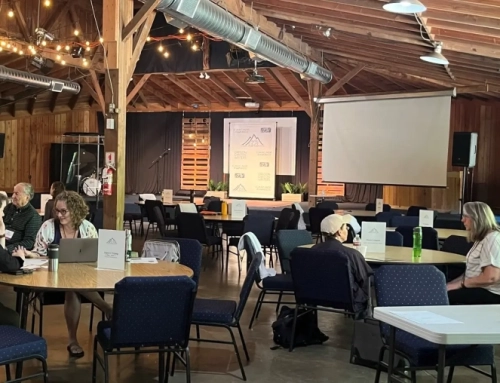The Annual Cascade Writing Contest recognizes excellence in writing and
encourages both emerging and published writers.
by David Rawlings
How Entering Writing Contests Makes You a Winner
[dropcap]I[/dropcap]t goes against our Western ethos to say you don’t need to win a competition you’re entering. But if you focus just on winning a writing contest, you may be overlooking the many benefits of simply entering. I’m now three published novels into my fiction career, and I’ve been entering my stories in writing competitions for six years.
Here are some things writers can gain from entering a writing contest:
- Encouragement. Let’s face it, being a writer can be demoralizing sometimes if you end up wallowing too long in the “am I any good?” shallows. When I entered my first manuscript—an unpublished novel in the Cascade Writing Contest six years ago, I was a finalist. I didn’t win, but what I took away was far more valuable. Recognition of my idea, and feedback that confirmed I could write—a competing opinion to that nagging voice of doubt that chips away at all debut novelists. All writers, in fact.
- Putting your story forward shows you’re serious. Let’s be honest here—everyone says they’re a writer. By entering a competition, you’re declaring, “I’m not just saying I’m a writer, I’ve actually written something that I’d like to submit.”
- Preparing your entry helps you clarify your story. You will have to write blurbs, condense outlines, and summarize your story in an elevator pitch. That process, in itself, helps you refine your work. (Whether you realize it or not, that’s the process you will need to undertake anyway if you want to pitch to agents or publishers.)
- Entering a contest gives you added incentive to improve your writing. If you ever submit samples of your writing to a competition, you will likely sweat blood over every word. That’s a good thing. It means you’re treating this as a craft and polishing every word so it’s your absolute best work.
- Feedback from judges can help you realize your strengths and areas where you need to improve. I was a finalist in the Cascade Contest when two judges scored me extremely high, but the third didn’t. Once I pooled their feedback, I saw two things: all three judges loved the pacing of my writing and my turn of phrase, and all three thought one character wasn’t quite right. I realized my strengths and leaned into those, while working to improve that character’s motivation.
- Placing in a contest gives you visibility. When you are a semi-finalist, a finalist, or even a winner, it gives you another feather for your cap. Simply having your name listed is good when the industry is perusing awards for new names or repeat names. It also bolsters your own wavering-voice pitch that you can write. Others think so too, and they lend their voice to your proposal. And the more you can add to the weight of your argument that you and your story are worth a chance, the better.
My journey was to be a finalist in the OCW Cascade Awards and the ACFW Genesis Awards, which led to signing with Steve Laube, my agent. Those finalist nominations were added to my pitch to Thomas Nelson, who published my three novels. My debut novel, The Baggage Handler, won the Christy Award in 2019 for the Best First Novel in Christian publishing.
And all of the benefits listed above helped me get there.
So, I encourage you to enter. While you’ve got to be in it to win it, you’ll get far more than you realize even if you don’t.
[divider style=”solid” top=”20″ bottom=”20″]










